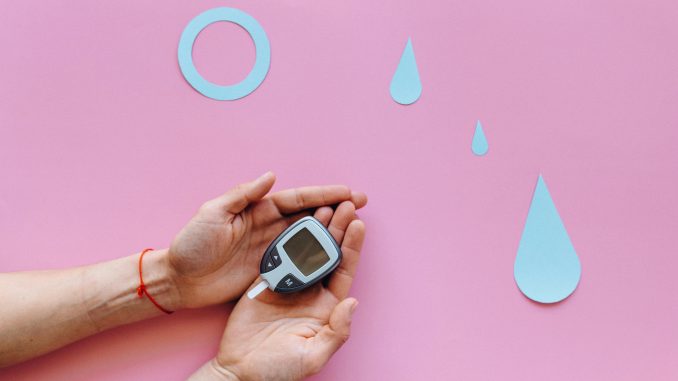
The best care for skin varies depending on individual skin type, concerns, and preferences. However, some general principles can help maintain healthy, radiant skin:
- Know Your Skin Type: Understanding your skin type (dry, oily, combination, sensitive, or normal) is crucial for choosing the right skincare products and establishing an effective routine. Different skin types require different approaches to cleansing, moisturizing, and treatment.
- Cleanse Gently: Use a gentle cleanser suitable for your skin type to remove dirt, oil, and impurities without stripping the skin of its natural moisture. Avoid harsh cleansers or scrubbing too vigorously, as this can irritate the skin and disrupt its balance.
- Moisturize Regularly: Hydration is essential for maintaining healthy skin. Use a moisturizer appropriate for your skin type to keep the skin hydrated, nourished, and protected. Moisturizers help maintain the skin’s moisture barrier, preventing dryness, flakiness, and irritation.
- Protect from Sun Damage: Sun protection is crucial for preventing premature aging, sunburn, and skin cancer. Wear sunscreen with broad-spectrum SPF every day, even on cloudy days, and reapply it regularly, especially when spending extended periods outdoors. Additionally, wear protective clothing, such as hats and sunglasses, and seek shade during peak sun hours.
- Use Treatment Products: Incorporate treatment products into your skincare routine to address specific skin concerns, such as acne, hyperpigmentation, fine lines, and wrinkles. Look for products containing active ingredients like retinol, vitamin C, niacinamide, or hyaluronic acid, and use them as directed to achieve optimal results.
- Practice Good Hygiene Habits: Maintain good hygiene habits to keep the skin clean and healthy. Avoid touching your face with dirty hands, and regularly clean items that come into contact with your skin, such as makeup brushes, towels, and pillowcases. Also, avoid sharing personal care products with others to prevent the spread of bacteria and germs.
- Eat a Healthy Diet: A balanced diet rich in fruits, vegetables, lean proteins, and healthy fats provides essential nutrients that support skin health. Foods high in antioxidants, vitamins, and minerals help nourish the skin from the inside out, promoting a clear, glowing complexion.
- Stay Hydrated: Drink plenty of water throughout the day to keep the skin hydrated and flush out toxins. Proper hydration helps maintain skin elasticity, plumpness, and overall health. Aim for at least eight glasses of water per day, or more if you’re physically active or live in a dry climate.
- Manage Stress: Chronic stress can negatively impact skin health, leading to breakouts, inflammation, and premature aging. Practice stress-management techniques such as meditation, deep breathing, yoga, or spending time in nature to promote relaxation and overall well-being.
- Get Adequate Sleep: Quality sleep is essential for skin repair, regeneration, and overall health. Aim for seven to nine hours of sleep per night to allow your skin to rest and rejuvenate. Establish a regular sleep schedule and create a relaxing bedtime routine to improve sleep quality.
Remember that consistency is key when it comes to skincare. Establish a daily skincare routine tailored to your skin’s needs and stick to it to achieve the best results over time. Additionally, be patient and give new products or treatments time to work before expecting to see significant changes in your skin. If you have specific skin concerns or conditions, consider consulting with a dermatologist for personalized recommendations and treatment options.
Leave a Reply